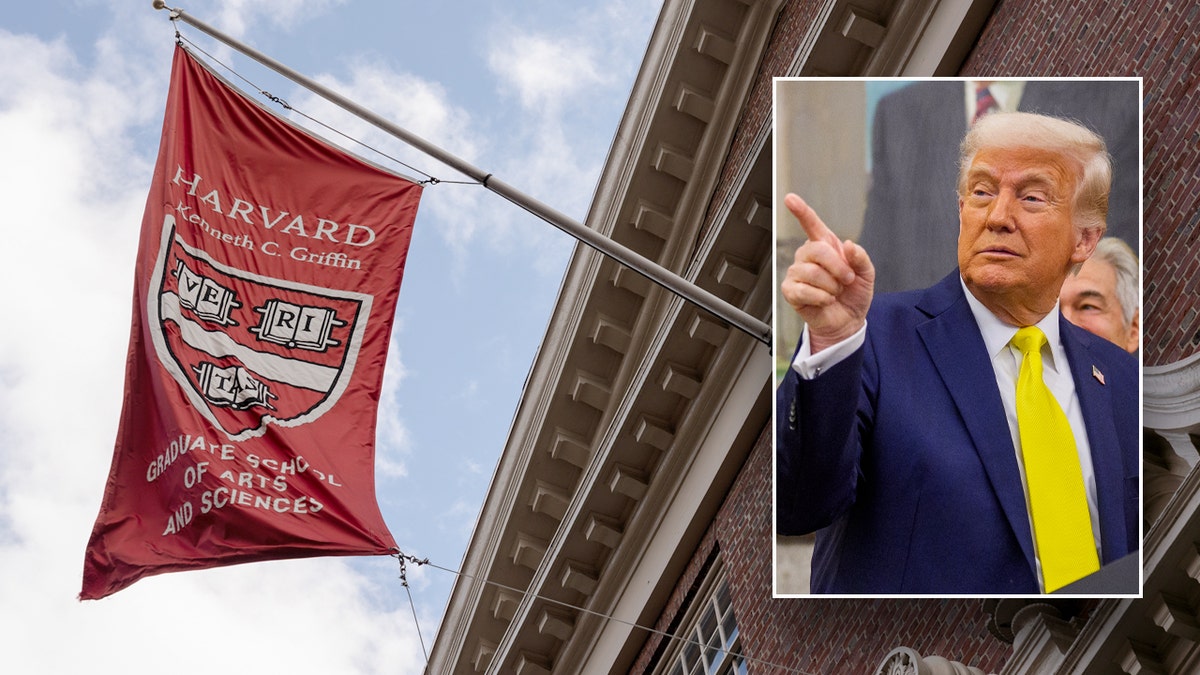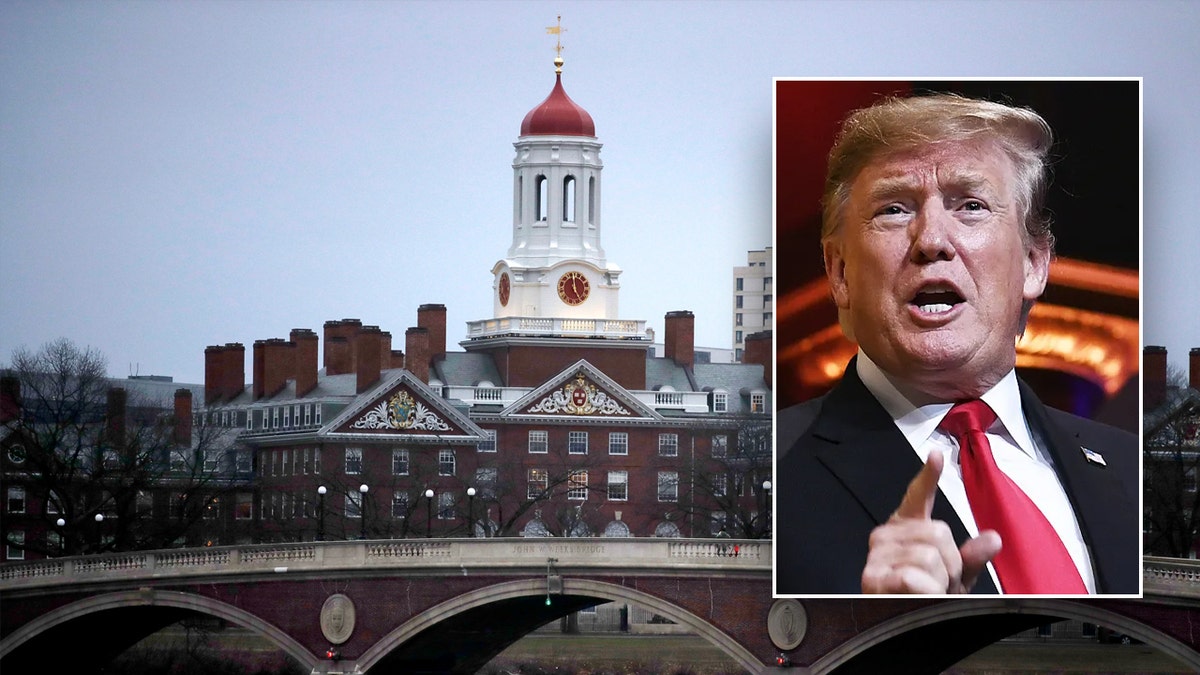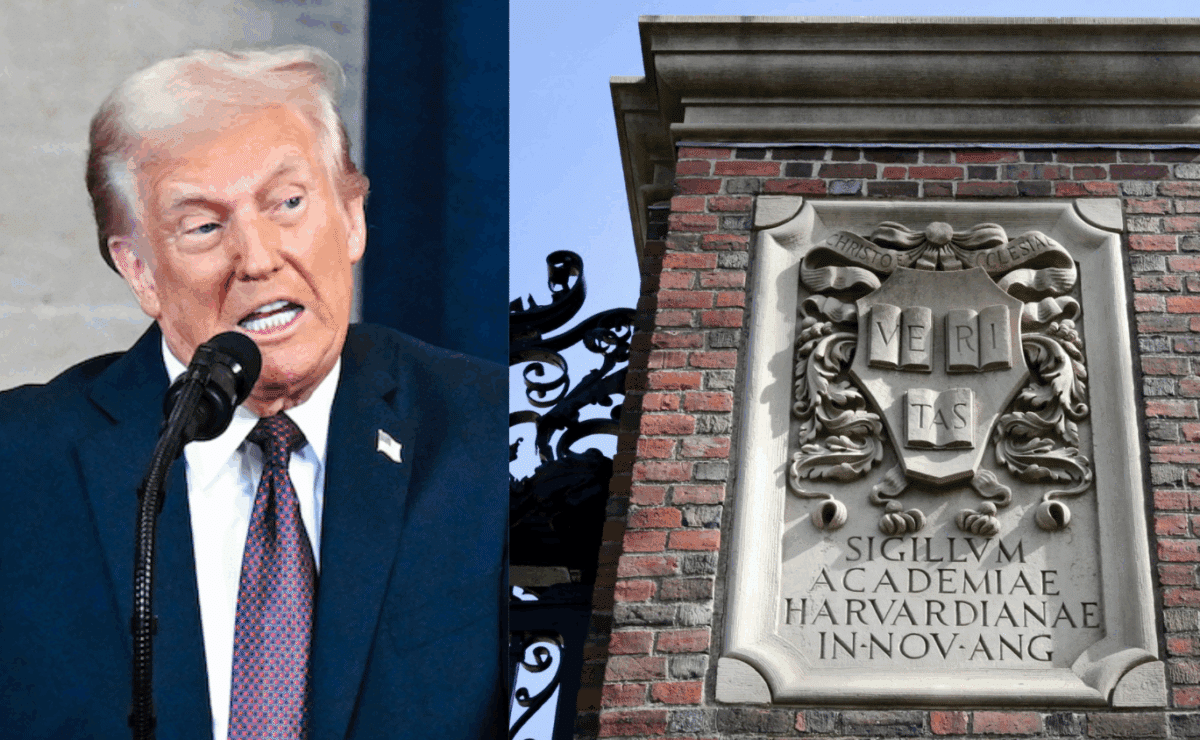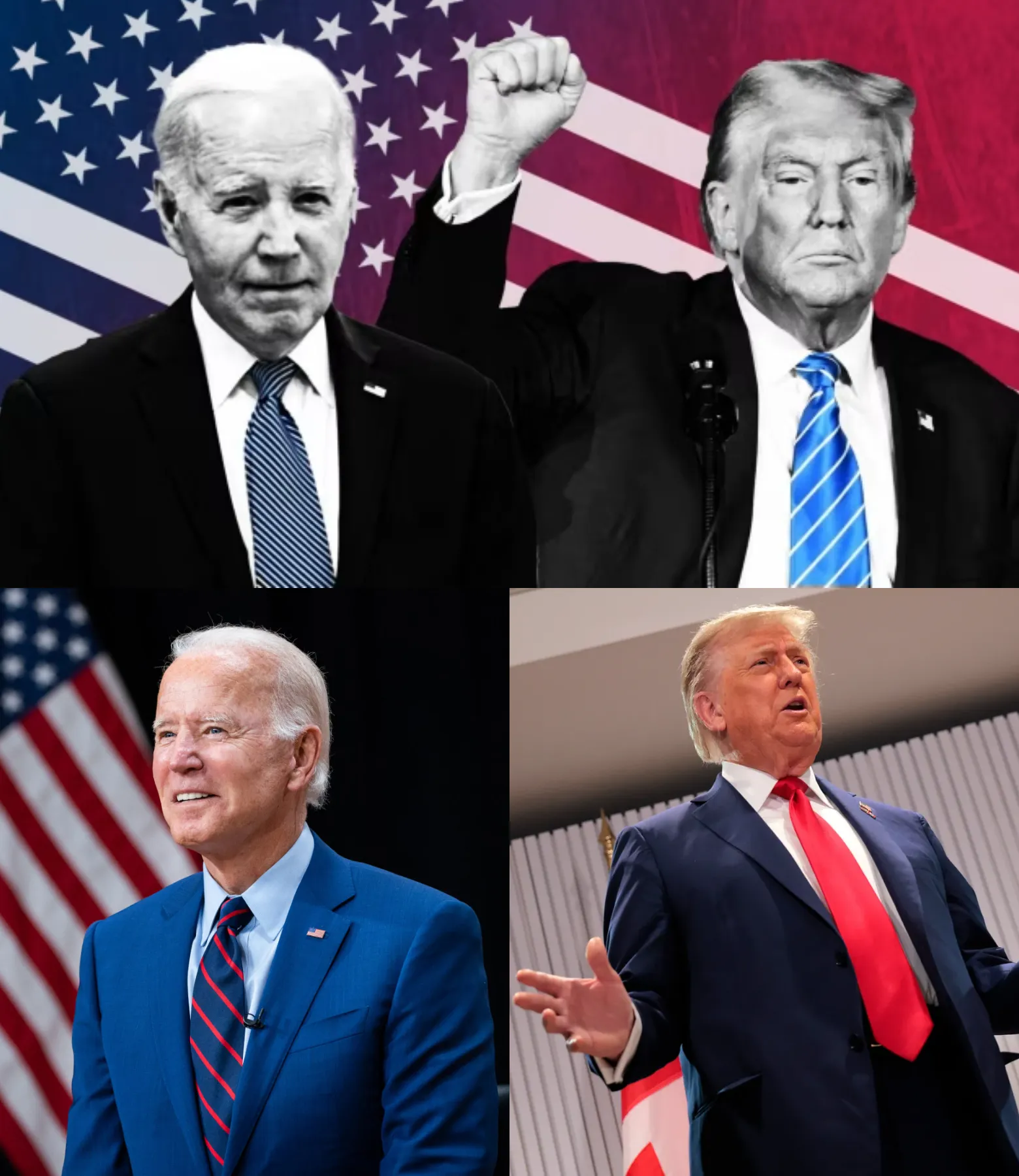
On June 23, a federal judge issued a significant ruling, blocking the Trump administration’s attempt to prevent foreign nationals from studying at Harvard University. U.S.
District Judge Allison Burroughs in Boston granted an injunction, halting the implementation of the Trump administration's plan, which was part of an escalating conflict between President Donald Trump and the prestigious Ivy League institution.
The ruling was a continuation of a temporary order Judge Burroughs had issued earlier in June, which prevented the administration from enforcing a proclamation signed by President Trump.
The proclamation, which cited national security concerns, sought to bar Harvard from hosting international students and engaging in exchange programs. The administration claimed that Harvard could no longer be trusted to host foreign students, as part of a broader effort to regulate U.S. higher education institutions’ relationship with foreign nationals.
In her decision, Judge Burroughs emphasized the importance of protecting core constitutional rights, including freedom of thought, speech, and expression. These rights, she noted, are pillars of a functioning democracy and safeguards against authoritarianism.
Burroughs wrote, “Here, the government’s misplaced efforts to control a reputable academic institution and squelch diverse viewpoints seemingly because they are, in some instances, opposed to this Administration’s own views, threaten these rights.”

The judge also criticized the administration for targeting international students, noting that the government had not sufficiently considered the consequences of its actions on these individuals and, ultimately, on American society.
Harvard University, located in Cambridge, Massachusetts, has a significant international student population. In the most recent academic year, nearly 6,800 international students attended the university, making up about 27% of its student body.
The federal government’s attempts to restrict Harvard’s ability to host international students represent a direct challenge to the university’s long-standing commitment to global academic exchange and inclusivity.
The Trump administration’s aggressive stance on Harvard is part of a broader pattern of actions against the institution. In recent years, the White House has frozen billions of dollars in funding to Harvard, threatened its tax-exempt status, and initiated several investigations into the university’s operations.
These moves are widely viewed as part of a broader effort by Trump to exert control over U.S. institutions, particularly those that do not align with his administration’s views.
The legal battle between Harvard and the Trump administration escalated in May when Secretary of Homeland Security, Kristi Noem, announced that the department would revoke Harvard’s Student and Exchange Visitor Program (SEVP) certification.
This certification is crucial for the university’s ability to enroll and host foreign students. Noem’s announcement was based on accusations that Harvard was fostering violence, antisemitism, and coordinating with the Chinese Communist Party. However, no concrete evidence was provided to support these claims.

Following Noem’s move, Harvard filed a lawsuit to block the revocation of its certification, which was swiftly granted by Judge Burroughs.
The court ruled that the administration’s action was unlawful, with the judge noting that the government’s claims were not substantiated and that Harvard should be allowed to continue enrolling international students.
On June 5, the Trump administration escalated the situation by signing a proclamation that would prevent foreign nationals from entering the United States to study at Harvard or participate in exchange programs.
This decision, which followed several months of escalating tensions, further strained the relationship between the White House and the university.
The proclamation outlined concerns about Harvard’s acceptance of foreign funding, particularly from China, and criticized the university for not complying with the administration’s requests for information on foreign students. The government’s accusations were based on the belief that Harvard had failed to sufficiently address national security concerns surrounding its foreign student population.
The administration claimed that the university had created an unsafe environment for Jewish students and allowed antisemitism to spread on campus, particularly in the wake of protests over the Israeli-Palestinian conflict.
The Trump administration’s focus on alleged antisemitism at Harvard is part of a broader narrative that has gained traction in recent years. Rights advocates have pointed out that rising antisemitism and Islamophobia in the U.S., exacerbated by global conflicts such as the war in Gaza, have led to increased hate speech and discrimination on university campuses.

However, the Trump administration has yet to take action on rising anti-Arab and anti-Muslim hate in the U.S., drawing criticism for its selective focus on certain forms of bigotry.
Harvard’s response to these accusations has been multifaceted. The university has long advocated for freedom of speech and open dialogue, even when those discussions are contentious. In recent months, the university released reports on antisemitism and Islamophobia on its campus, acknowledging the widespread fear and bigotry that exists.
However, Harvard has also called for greater action to combat these issues, highlighting the importance of creating a more inclusive and supportive environment for all students.
Despite the ongoing legal battles and accusations from the White House, Harvard has remained firm in its commitment to academic freedom and international exchange. The university’s leadership has consistently emphasized that its mission is to foster a global community of scholars and students, and that foreign students are integral to this mission.
In addition to providing a world-class education, Harvard has long been a hub for international collaboration and innovation, attracting scholars from around the world to engage in cutting-edge research and contribute to global conversations on important issues.
As the legal battle between Harvard and the Trump administration continues, the outcome of the case will have significant implications not only for the university but also for the broader landscape of higher education in the United States.
The Trump administration’s efforts to exert control over U.S. academic institutions and restrict the flow of foreign students could set a dangerous precedent for other universities across the country. It raises important questions about the role of the federal government in regulating higher education, the limits of executive power, and the impact of such policies on academic freedom and global collaboration.
In the short term, the immediate focus will be on the legal proceedings and whether the injunction issued by Judge Burroughs will hold. The ruling provides temporary relief for Harvard and its international students, but the case is far from over.
As the legal process moves forward, the outcome of this case could ultimately reshape the way universities operate in relation to the federal government and foreign students.
In the longer term, the case is likely to have broader implications for U.S. foreign policy and the country’s relationship with the rest of the world. If the Trump administration succeeds in implementing its policies and restricting the flow of international students, it could have a profound impact on the U.S.’s reputation as a global leader in education and research.

It could also contribute to further isolationism in the U.S., as foreign students may look elsewhere for educational opportunities in a climate of increasing hostility toward international collaboration.
For now, however, Harvard and its supporters are celebrating a temporary victory. The court’s injunction represents a significant step in defending the university’s right to continue its mission of international education and exchange.
Whether this legal battle will ultimately lead to a permanent resolution remains to be seen, but it is clear that the fight over academic freedom, foreign students, and the future of higher education in the U.S. is far from over.


